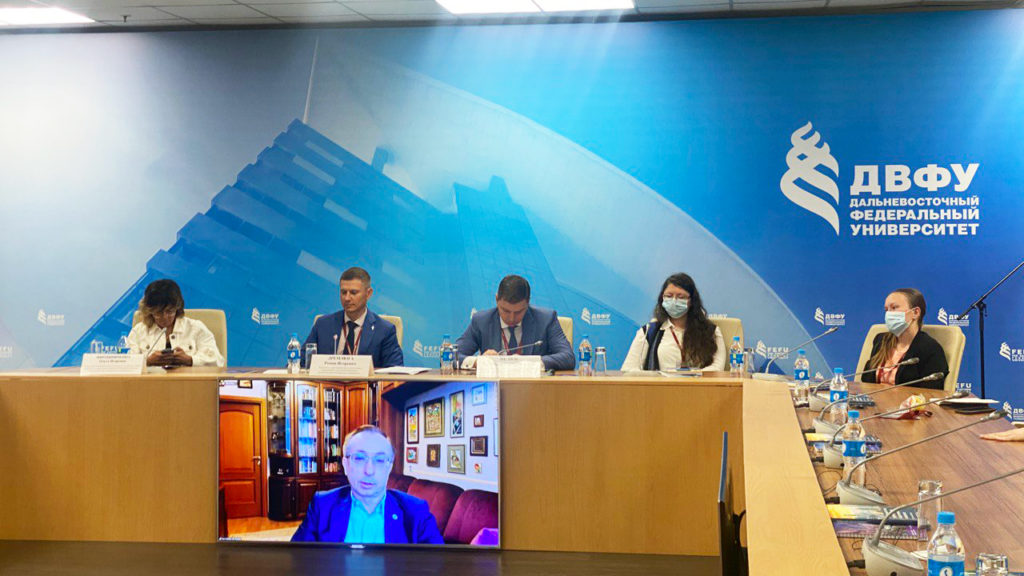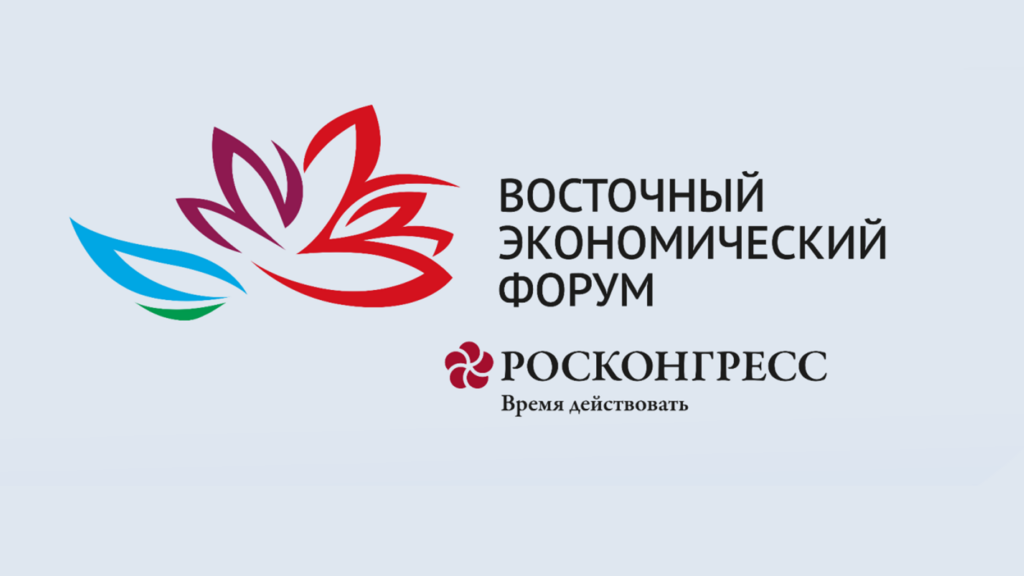From September 5 to 8, 2022, Vladivostok hosted the VII Eastern Economic Forum, designed to promote the accelerated development of the economy of the Far East and the expansion of international cooperation in the Asia-Pacific region.
In his welcoming address to the guests of the event, President of Russia Vladimir Putin noted: “The Forum makes a significant contribution to building business ties between Russia and the countries of the Asia-Pacific region. Already, there is a tendency for the Asia-Pacific region to become the center of world economic activity, along with the gradual extinction of industrial centers in Europe and the United States.”
Summing up the results of the forum, Deputy Prime Minister of the Russian Federation – Plenipotentiary Representative of the President of the Russian Federation in the Far Eastern Federal District Yuri Trutnev said: “First of all, the VII Eastern Economic Forum, like the previous one, is a step forward in the development of the Far East. <…> More than 290 agreements were signed at the forum for a total of 3.27 trillion rubles – this is a record. But it’s not only that. The forum was created as a platform for dialogue with business, receiving feedback from entrepreneurs and society on the most pressing issues of the development of the Far East. This year, more than a hundred events were held within the framework of the forum, their main results were reported to the President. Most of the decisions made at the end of the sessions were supported by him, which means that there are all prerequisites for the Far East to develop faster.”
WEF-2022 confirmed that there are enough countries in the world that continue to increase business ties with Russia. The Forum was attended by over 7,000 participants and media representatives from 68 countries and territories, including about 1,700 business representatives from 700 companies. The most numerous were the delegations of China, Myanmar, Mongolia, India, Armenia and the Republic of Korea. For the first time, representatives of Algeria, Cameroon, the Dominican Republic, the Donetsk People’s Republic, Ghana, Liberia, Uganda and Zambia took part in the Forum.
More than 50 Russian officials took part in the work of the Forum: members of the Government of the Russian Federation, the Prosecutor General, heads of ministries and departments, heads of Russian regions. Also, 15 foreign high-ranking officials and 11 heads of the diplomatic corps participated in the forum events.
The main theme of the forum, “On the Path to a Multipolar World,” is closely linked to the state’s foreign policy agenda. For four days at the WEF venues, experts, politicians and businessmen discussed the consequences of the shift in the center of economic development and forces towards the Asia-Pacific region, as well as Russia’s potential.
More than 100 events took place within the framework of the main program. Also, more than 70 events in the format of sessions, business dialogues and round tables were organized at thematic sites. More than 750 speakers and moderators took part in their work. The discussions of the business program were held on six tracks, where issues of the economy, banking, the logistics market, international relations, the development of education, healthcare and patriotic education were discussed.
WEF-2022 was attended by representatives of the Friends for Leadership international community of leaders and entrepreneurs from more than 20 countries in Asia, Africa, Latin America and Europe. Participants held their own project sessions and high-level meetings.
The theme of the 11th APEC International Conference on Cooperation in Higher Education, held on September 6, was “Prospects for Global Education in a Post-Pandemic World.”
Within the framework of the conference, a session reports “AI technologies: international development trends” was held, which was moderated by Andrey Neznamov, Managing Director – Head of the AI Regulation Center of Sber, and Roman Igorevich Dremlyuga, Deputy Director of the Institute of Mathematics and Computer Technologies for the Development of the Far Eastern Federal University.
During the session, presentations on various aspects of AI regulation were made by:
- Vladimir Nelyub, director of the Center for Artificial Intelligence Technologies, Bauman Moscow State Technical University
- Sergei Garbuk, chairman of TC164, director for Research Projects, National Research University Higher School of Economics; deputy general director – Head of the Information Research Department of the Advanced Research Foundation; deputy general director of the Federal State Unitary Enterprise “Research Institute for Standardization and Unification” of the Ministry of Industry and Trade of Russia; head of the Information Technology Center of the Federal State Unitary Enterprise “Central Research Institute of Chemistry and Mechanics named after D.I. Mendeleev”
- Yuri Hohlov, chairman of the Board of Directors of the Institute of the Information Society
- Olga Miroshnichenko, deputy director for development of the Law School, Head of the Department of Theory and History of State and Law
- Il’dar Begishev, chief researcher, professor of the Department of Criminal Law and Procedure, Kazan Innovation University named after V.G. Timiryasov
- Andrey Ignatiev, head of the analytical direction of the Center for Global IT Cooperation; Research Fellow, Center for AI, MGIMO; OECD expert, ISO/IEC JTC1/ SC 42, member of the AI Ethics Committee under the Commission of the Russian Federation for UNESCO

Detailed information about the forum can be found on its official website.
